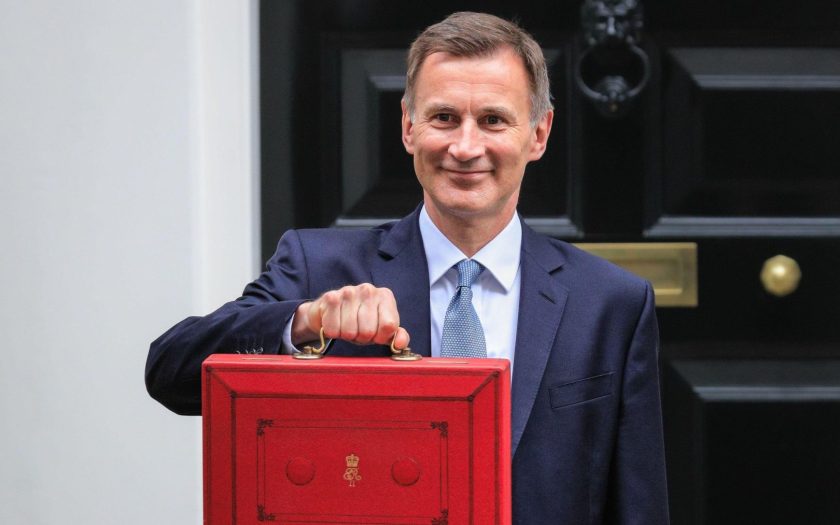From ‘Donna Giles’

Recently, the Chancellor once again, stood up to tell the Country how the
Government intends to spend (and save) the money it controls.
I am not a politician nor a policy expert, however, as an unpaid carer to 2 disabled young
people there are a few points that stood out for me.
Childcare – the budget mentions the fact there are many people who cannot work because
of their caring responsibilities towards children under 3. Whilst the scheme is intended to
help with childcare costs, it appears there is no extra funding for those who have children
with disabilities or higher needs.
In order for parents of disabled children and young people to be able to work there would need to be in place support for their child’s needs to be met, including the specialist training that paid staff would need to undergo and the facilities to maintain dignity and space to learn, for example a large enough area for a wheelchair to manoeuvre around and a changing places toilet. We should not forget also that for many disabled children their needs do not disappear as they grow, and that they will continue to require support throughout their time in education and beyond.

Many parents will tell youthat they cannot work because the education system is unable (or unwilling) to provide the specialist support their child or young person needs in order to thrive at school. Even if your child is able to attend school, very often parents are having to write reports, attend meetings and research methods of assisting their child’s education at home, leaving little
time or energy for anything else.
The fact that Unpaid Carers lose their Carer’s Allowance if they earn over £132 a week, in addition to the lack of social care support available to replace you while you are working means this policy probably isn’t going to change anything for Unpaid Carers.
Education – allowing people to continue to develop their skills throughout their working life
is a laudable commitment, but the Government needs to show the same commitment to
the children and young people who are unable to access education due to their learning
needs either not being recognised, ignored or dismissed.
Return to work – many disabled people would no doubt love to return to, or even begin to
work. However, they are prevented from doing so by the lack of support via social care.
Some disabled people, such as my son, require support in order to access work, from
transporting him to typing and personal care.
Unless the social care crisis is addressed many disabled people will still find it impossible to join the workforce. As for unpaid carers returning to work, again this will not be able to happen unless more people are encouraged to become part of the social care personnel providing replacement care.
Lack of social care support impacts on the life chances of both disabled people and their
carers, and, therefore, it is essential that it becomes a priority.
Whilst I can’t claim to understand all the finer points of the budget, the ones above are
those that stood out to me. No doubt there are other omissions of support that will also
have an impact.
I once met Jeremy Hunt – my son was helping to deliver the Scope ‘Time to Get Equal’
petition at Downing Street and he was the opposition minister for Disabled People (it was
about 16 years ago) – and he seemed a nice enough man, genuinely supportive of those
with disabilities, but maybe when you are in charge of the country’s money and trying to be
all things to all people, you forget about those that are struggling more than the average
person because of circumstances beyond their control. I would ask him to start listening to
the voices of those people.

